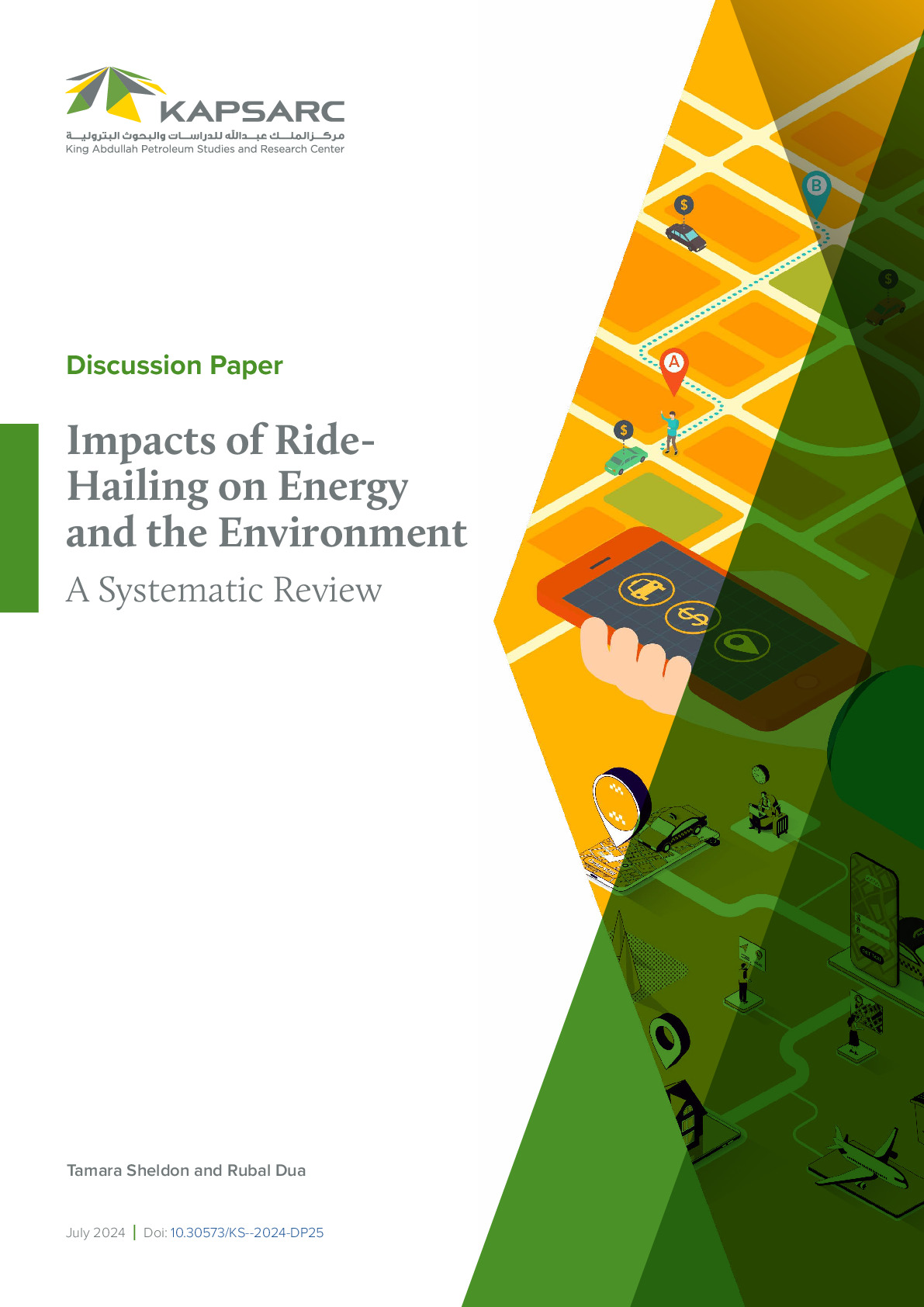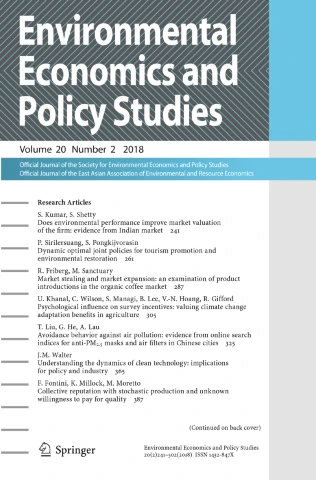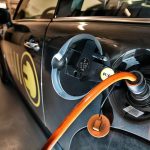The Indian transportation sector is going through a massive transition, especially the light-duty vehicle (LDV) sector. Policymakers consider the electrification of road transport to be one of the ways of solving India’s triple problem of increasing greenhouse gas (GHG) emissions, rising oil imports, and increasing urban air pollution. Several government ministries and departments have been involved in supporting the transition of the transport sector.

Research Lead
Yagyavalk Bhatt is an energy professional with more than seven years of experience in the transportation and electricity domain. Yagyavalk…
Yagyavalk Bhatt is an energy professional with more than seven years of experience in the transportation and electricity domain. Yagyavalk leads “The Role of Clean Energy Policies: Trends in India’s Transport Sector” project, aimed at estimating India’s transport energy demand and potential impact on crude oil supply chain. His expertise covers energy policy, energy economics, transport modeling, the impact analysis of transport policies, emerging economies energy transition, renewable energy, and cost-benefit analysis of the transport and electricity sector. He has authored and contributed to numerous research papers and studies related to the transportation and electricity sector.
Expertise
- Policy Analysis
- Transport Demand Modeling
- Sustainable Transport
- Clean Energy Transition
- Renewable Energy
- Climate Change
Publications See all Yagyavalk Bhatt’s publications
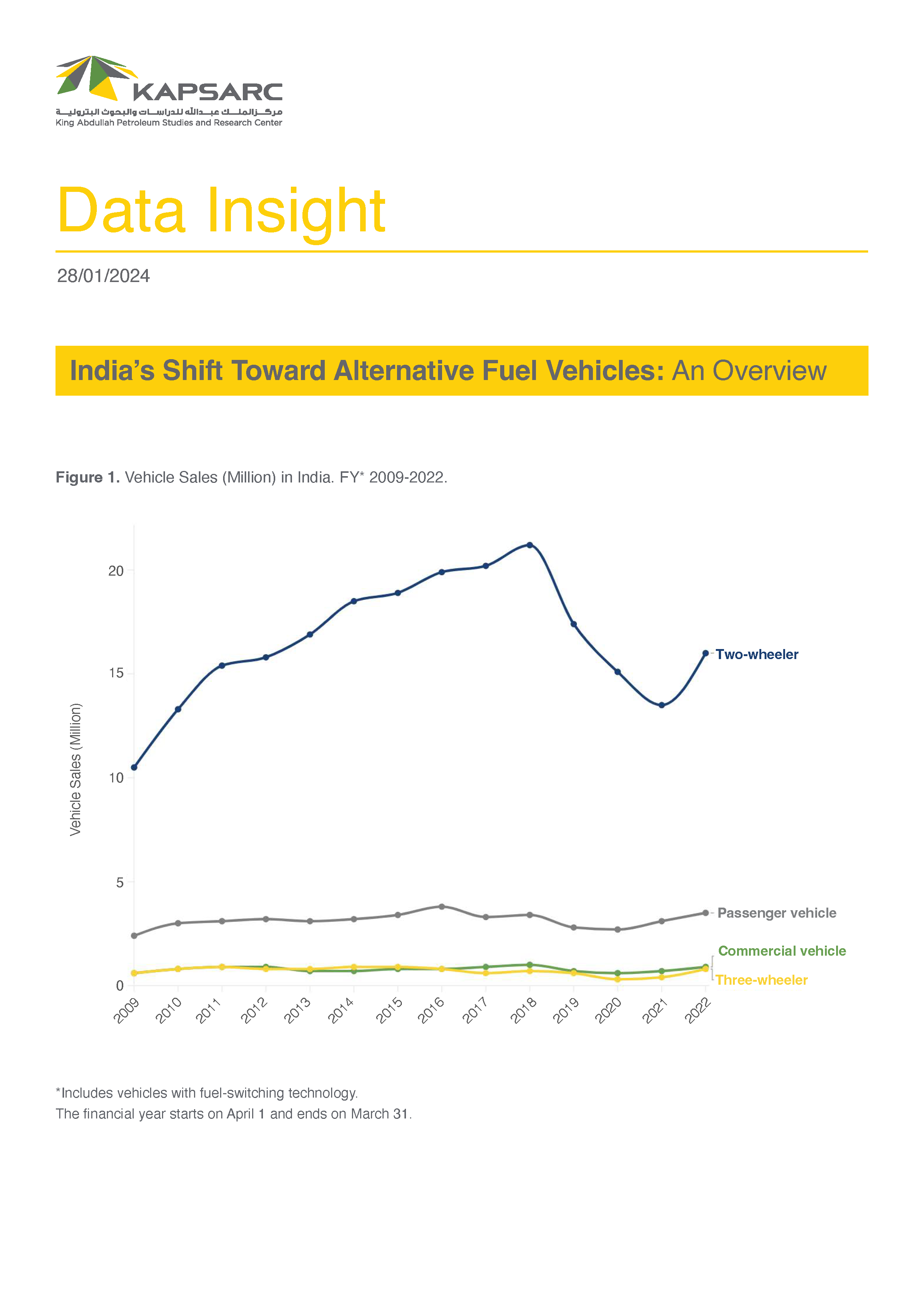
India’s Shift Toward Alternative Fuel Vehicles: An Overview
The Indian transportation sector is going through a massive transition, especially the light-duty vehicle (LDV)…
30th January 2024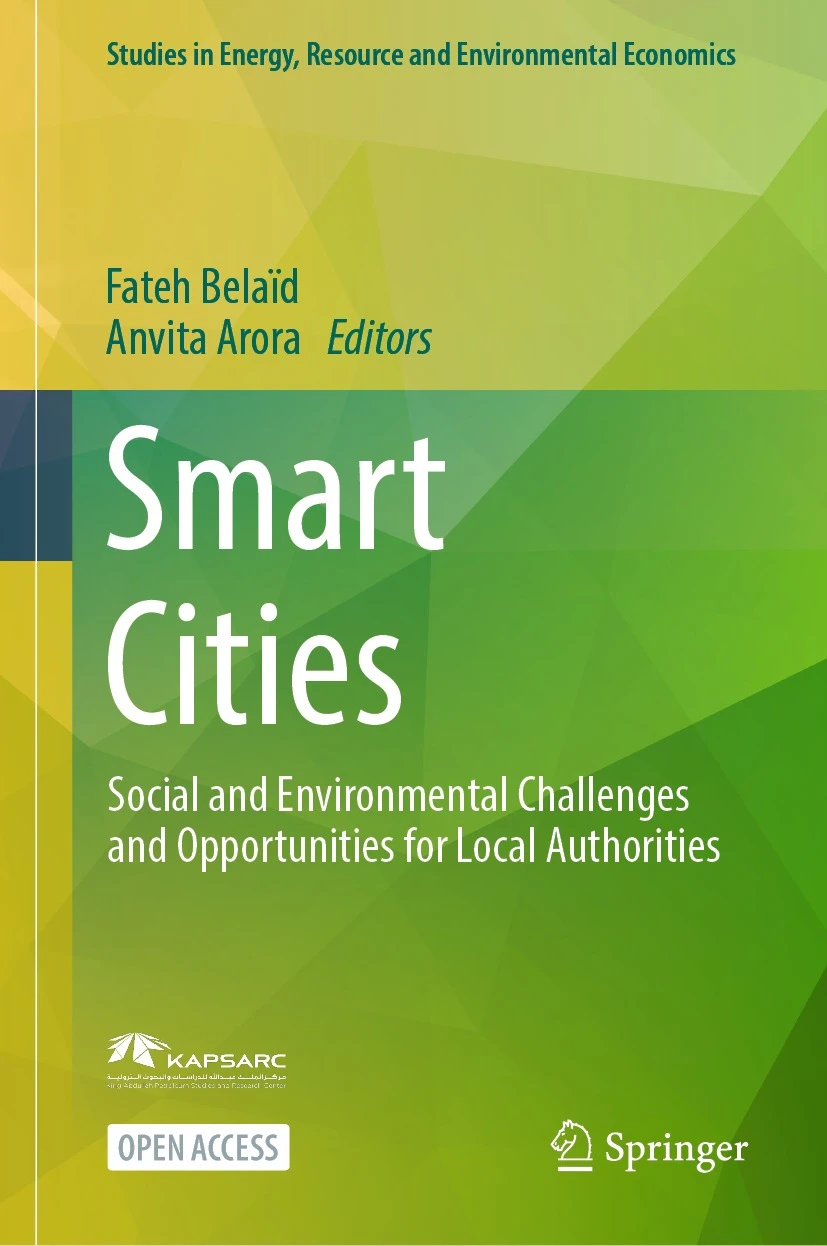
Smart Cities from an Indian Perspective: Evolving Ambitions
The Indian transportation sector is going through a massive transition, especially the light-duty vehicle (LDV)…
15th October 2023

